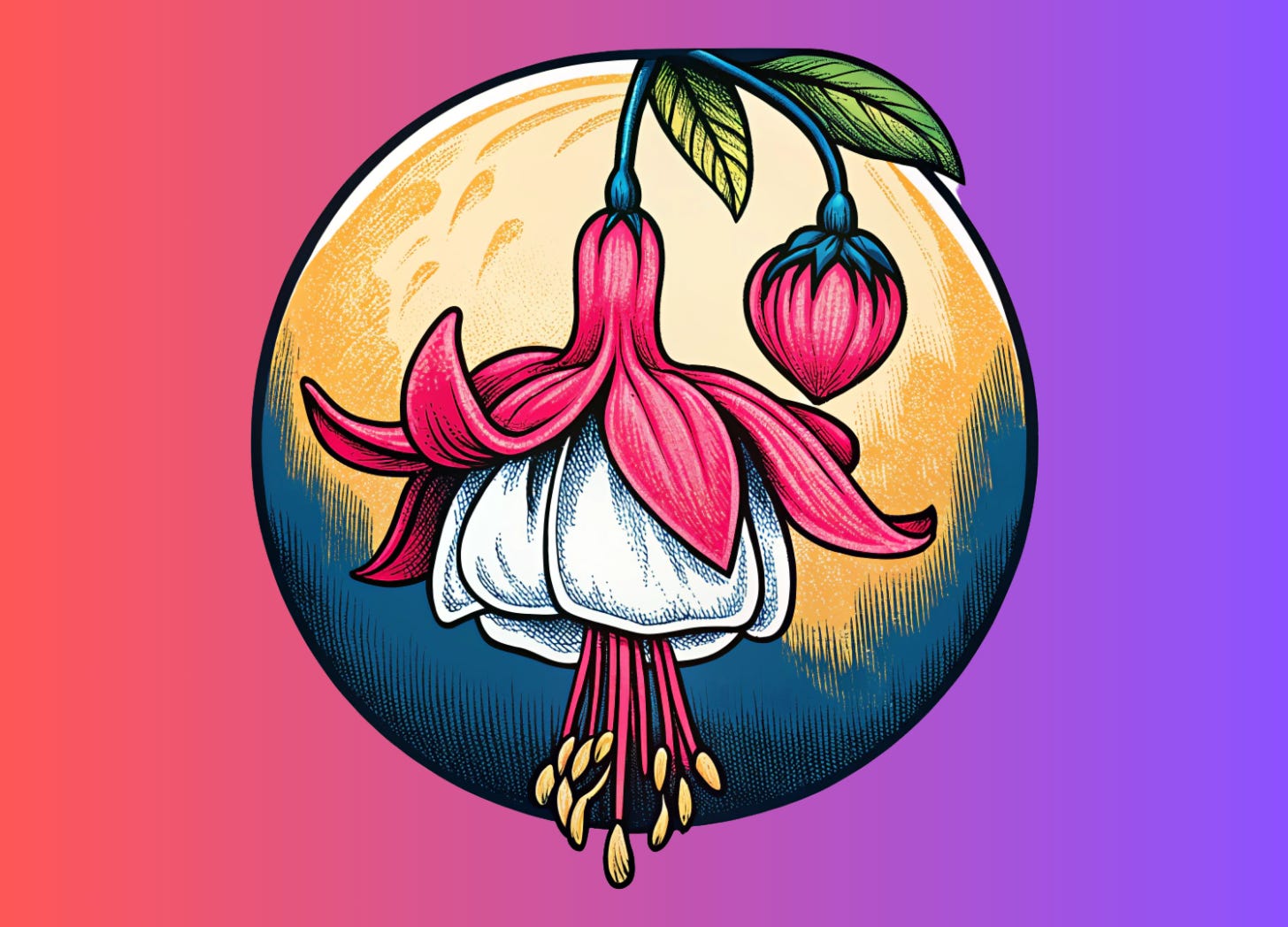Mujō (無常): Impermanence
Mujō (無常) is the recognition of the constantly shifting, ever-changing nature of all things. Nothing is permanent. Peace comes not from resisting change, but by learning to move with it.
In Buddhism, impermanence (also called anicca) is recognized as one of the three marks of existence — alongside suffering (dukkha) and non-self (anatta).
In the Zen context, impermanence isn't just a philosophical concept — it's fundamental to the nature of reality itself. The cosmos, our planet, our bodies, our thoughts — everything is in constant flux, always changing, never static.
Much of human suffering stems from our resistance to this basic truth. As creatures evolved to seek habit and routine, we delude ourselves into thinking the patterns we build will last. We attach ourselves to things, identities, relationships, and circumstances we wrongly believe to be fixed.
When these things inevitably change over time, we suffer from this perceived loss of stability.
At first glance, impermanence feels like a sad truth. It's tangled up with loss, endings, and uncertainty. Even positive change can feel like a loss. Think about the way you feel when you move into a new home — even if the new place is objectively better for your situation, there's a pang of sadness at leaving the old one behind. All those memories feel like they’re slipping away from you.
But impermanence is neither good nor bad — it's simply a fundamental truth that governs all experience.
Alan Watts often used the metaphor of music to explain how impermanence is a core ingredient of experience. Music relies on the flow of change to function — imagine a song where just one note is played constantly throughout. It would hardly be music at all.
Life, like music, is better enjoyed if we can let go and appreciate the beauty and rhythm of change rather than attempting to cling to any single moment or feeling.
Instead of seeing change as threatening, we can view it as the fundamental creative principle that makes life possible. Without change, there would be no growth, no healing, no learning, and no evolution.
Suffering Is Impermanent
"Your happiness will rot. Your sorrow will rot. You will rot. Why cling?"
If all things are impermanent, there's no reason to cling to anything.
This isn't nihilism — it's liberation. When we accept that nothing stays the same, that all things will eventually fade and die, and that every moment is transient and perfect, we free ourselves from the suffering that comes with grasping attachment.
If things in your life are going poorly, know that things will eventually pass.
Happiness is Impermenant
“The butterfly counts not months but moments, and has time enough.” ― Rabindranath Tagore
Happiness is transient, too. This isn’t a tragedy that we should resist, but a reminder to simply savor the moment while it's there, and know that it too, shall pass.
Much of the beauty we derive in life comes from its transient nature.
A sunset, for example, derives much of its beauty from impermanence. If it stayed frozen in the sky, we’d hardly notice it at all.
The Art of Letting Go
Embracing impermanence doesn't mean passive resignation. Instead, it invites us to engage with life more deeply — to appreciate what is here now, to act with purpose, knowing our time is limited, and to release what no longer serves us.
This is the spirit behind the Taoist concept of wu wei — allowing things to happen without forcing or resisting them. We will get old, we will experience happiness, we will experience sadness, we will lose friends and family, and we will eventually face our own death.
There is nothing we can do to stop any of it, and trying to resist these changes only creates more friction and pain. The harder we hold on, the more it hurts when things inevitably shift and slip away.
Liberation comes when we stop trying to grasp or control the flowing nature of experience.
As Alan Watts once said, "The only way to make sense out of change is to plunge into it, move with it, and join the dance."
Zen Koans on Impermanence
The I Ching: AKA "The Book of Changes"
I can't meaningfully explore the topic of change and impermanence without at least mentioning the I Ching.
This 3000-year old Chinese text is built around the universal truth that everything is constantly shifting and transforming. All things are temporary and in flux. Nothing is permanent.
The wisdom contained within the I Ching is meaningless without the physical generation of patterns called hexagrams. By randomly generating hexagrams using coins or other methods, you can momentarily connect yourself with the underlying patterns of change.
The hexagrams generate a symbolic mirror of the present moment, which offers insights that feel eerily aligned with whatever situation you're currently facing.
This book isn't magic or divination, but it does offer us a tangible way to acknowledge, embrace, and flow with the passage of time and the impermanent nature of all things.
The I Ching is a whole can of worms on it's own so if you're interested in this book check out my post about it here.






Someone was just speaking to me about this in a lovely garden…how the energy of places and things is always changing…which does remind me of music and how the song is constantly changing. So your post is beautifully timed. Thank you.
Thank you senzei!